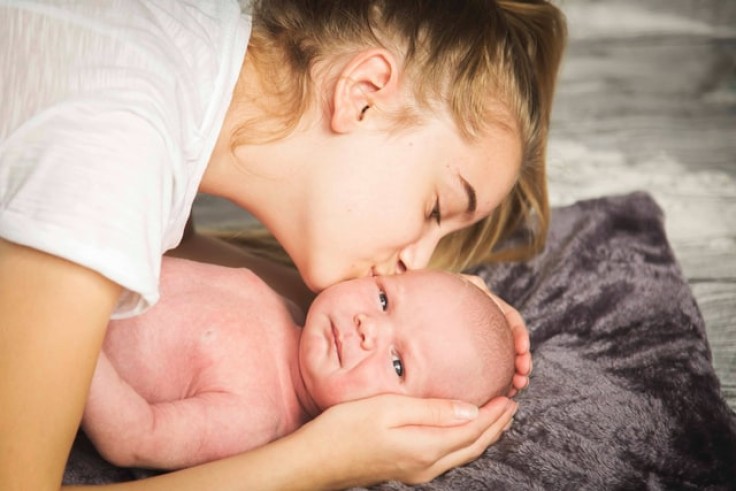
Letting infants 'cry it out' does not harm their development and attachment to their parents. Studies show that it reduces the amount and duration of crying.
A paper published by the University of Warwick addresses the question of whether parents should immediately intervene when their babies cry.
The study observed 178 infants and their mothers over 18 months, assessing what parents do when their babies cry. Results show that there is no significant difference in the baby's development by 18 months whether the parents intervene with the crying or let the babies cry it out.
Subsequently, researchers discovered the allowing babies to "cry it out" a few times for a specific term (often at 3 months) is associated with a shorter duration of crying by 18 months.
Results show that there is no significant difference in the short-term and long-term relationship of babies with mothers nor in their behavior, if mothers leave them to cry it out a few times.
Researchers also found that majority of the mothers would parent intuitively. They learn from their infant in the process. It means they intervene when the babies are newborn, but as the babies grew older, mothers would wait a little bit to see whether if the baby could calm down on its own; subsequently, babies learn self-regulation during the day and the night as well.
Dr. Ayten Bilgin of the Department of Psychology at the University of Warwick says that there were only two studies over two decades ago looked into whether leaving babies to 'cry it out' could affect their development. This new study they conducted "documents contemporary parenting in the UK and the different approaches to crying used" Bilgin stresses.
Meanwhile, Professor Dieter Wolke, the lead in the study, says parents adapt intuitively over time; they are attuned to their babies' needs, and they wait before they intervene with the crying. "Most babies develop well despite their parents intervening immediately or not to crying," Wolke concludes.
Crying and sleep in a related study
In another study in 2016 of 43 sets of parents and babies aged 6 and 16 months by researchers in Australia, it appears that letting babies cry it out until they fall asleep is effective and "does not cause stress or lasting emotional problems for babies" CNN reported.
The babies included in the study were having problems sleeping. The parent-baby pairs were grouped into 3. One group had parents leave the room within a minute of putting their babies to bed, and if the babies cry, they will wait long before intervening. Another group had parents put their babies to bed closer to the time they fall asleep, and they could stay in the room until their babies doze off. The last group did not apply any sleep training and only received information about infant sleep.
Results show that babies in the cry-it-out group fell asleep around 15 minutes faster than those in the group whose parents used no sleep training. Meanwhile, babies allowed to doze off with their parents beside them fell asleep about 12 minutes faster compared to the last group.
The study also shows that babies who were left to cry it out seldom wake up during the night.
The method, however, remains controversial, and Sujay Kansagra, MD, director of the Pediatric Neurology Sleep Medicine Program at Duke University in Durham, suggest getting informed before applying the method.